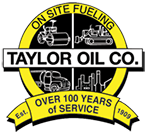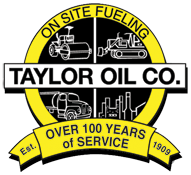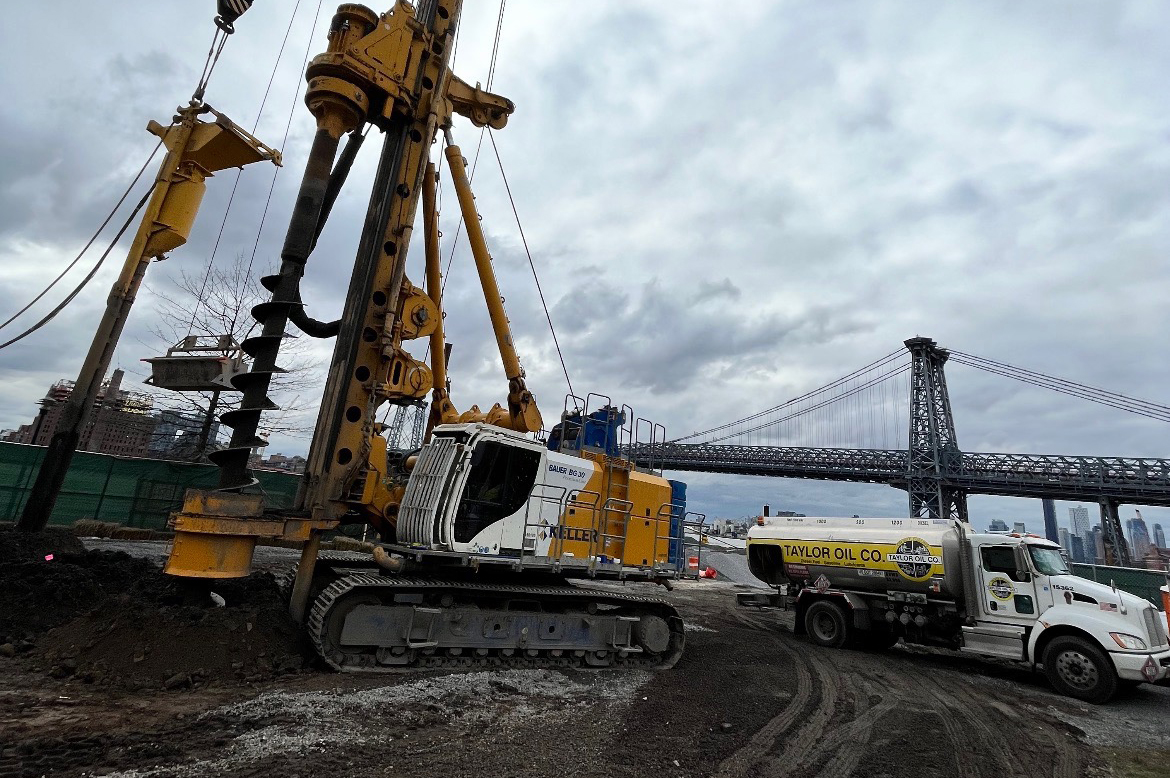As winter descends upon construction sites and industrial zones, the challenges of operating heavy equipment become more pronounced. Among these challenges, ensuring a consistent and reliable fuel supply is paramount for maintaining operational efficiency. We’ll explore the importance of onsite fueling during the winter months and how it can significantly contribute to the smooth functioning of heavy equipment in cold weather conditions.
Understanding Onsite Fueling:
Onsite fueling is a strategic solution that involves bringing the fueling process directly to the location of heavy equipment. This approach offers several advantages, especially during winter, where transportation and accessibility may be hindered by harsh weather conditions. Onsite fueling eliminates the need for equipment to travel to a distant fueling station, minimizing downtime and optimizing operational efficiency.
Benefits of Onsite Fueling in Winter:
- Reduced Downtime: Onsite fueling eliminates the need for heavy equipment to leave the job site for refueling. This minimizes downtime, allowing operators to focus on their tasks without interruption.
- Increased Productivity: With onsite fueling, heavy equipment can maintain a continuous workflow, maximizing productivity even in challenging winter conditions. Operators can focus on the job at hand rather than navigating through icy roads to reach a fueling station.
- Enhanced Safety: Winter weather introduces additional risks for heavy equipment operators, including slippery roads and decreased visibility. Onsite fueling mitigates these risks by reducing the need for equipment to travel off-site for refueling.
- Temperature-Controlled Fueling: Onsite fueling services often come equipped with temperature-controlled fuel storage, preventing fuel from gelling in extremely cold temperatures. This ensures that heavy equipment engines operate smoothly, avoiding potential damage caused by frozen fuel.
- Customized Scheduling: Onsite fueling allows for flexibility in scheduling, accommodating the specific needs and timelines of the project. This adaptability is crucial during the winter months when unpredictable weather conditions can impact construction schedules.
Tips for Effective Onsite Fueling in Winter:
- Choose a Reliable Onsite Fueling Provider: Select a reputable onsite fueling service that specializes in cold weather conditions and understands the unique requirements of heavy equipment during winter.
- Regular Maintenance of Fueling Equipment: Ensure that the onsite fueling equipment is well-maintained and equipped to handle winter conditions. This includes regular checks on pumps, hoses, and storage tanks to prevent any issues during fueling.
- Monitor Fuel Quality: Implement a fuel quality monitoring system to prevent issues like fuel gelling. Regularly test and treat fuel to ensure it remains in optimal condition, even in freezing temperatures.
Onsite fueling is a game-changer for heavy equipment operators, especially during the winter months. You can depend on Taylor Oil Company for all your onsite fueling needs. We have locations from Washing DC to Boston.



